Uzbekistan moves to end uncompetitive public procurement practices
At a recent meeting of the Budget and Economic Affairs Committee of the Legislative Chamber of Oliy Majlis, representatives of the Accounts Chamber, the Ministry of Economy and Finance, and the Competition Committee presented reports and discussed efforts to prevent corruption in public procurement and reduce the use of uncompetitive tenders and direct contracts.
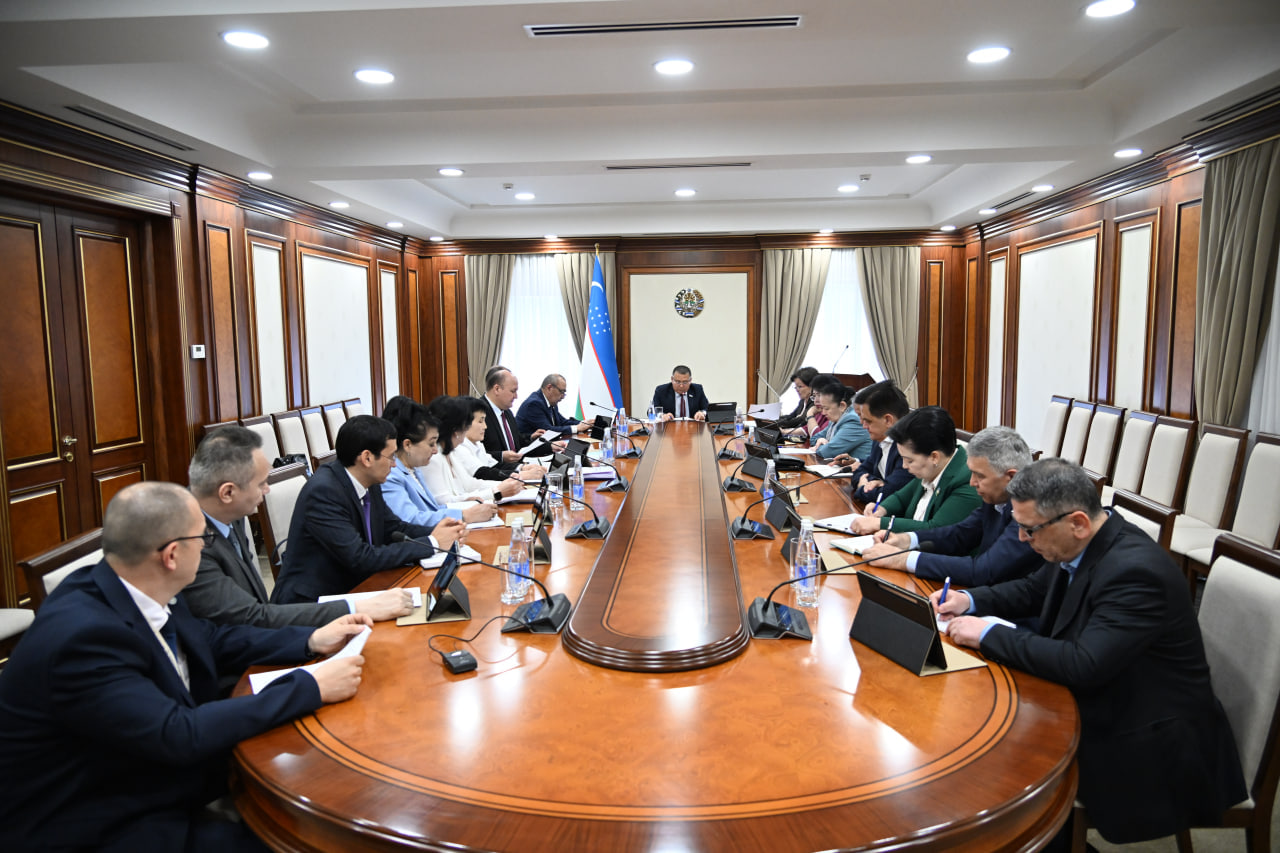
It was emphasized that in recent years, Uzbekistan has been implementing systematic reforms aimed at increasing transparency and openness in public procurement, and ensuring that tenders are conducted competitively. The transition to an electronic tender system has made it possible to carry out procurement processes online, reduce costs, and combat corruption. The adoption of the Law “On Public Procurement” has aligned the tender processes with international standards, introduced open forms of competition, restricted the use of direct contracts, and created a legal basis for registering related and affiliated parties involved in tenders.
To ensure transparency, plans for all tenders, their outcomes, and contract prices are being published in the media, which enables public oversight and monitoring of this sector.
During the discussion, deputies acknowledged the growing public interest in how state funds are spent, as well as the increasing civic oversight over public procurement. The widespread discussion on social media about overpriced, unjustified, or potentially corrupt government purchases by state agencies, ministries, local administrations, or state-owned entities was cited as evidence of this shift. According to parliamentarians, increased competition in tenders could lower prices by 20–30% and ensure more efficient use of budget funds.
The discussion also focused on the need to improve the legislative framework regulating public procurement. Participants noted the positive impact of the updated Public Procurement Law, other regulatory acts, and recent amendments to the Administrative Responsibility Code that introduced penalties for violations of procurement legislation.
However, the meeting also included a critical review of remaining shortcomings in public procurement. Violations such as inefficient use of funds, lack of competition and impartiality in tenders, and instances of corruption were raised. Deputies expressed concern over cases where procuring agencies bypassed competitive methods by signing direct contracts illegally, inflating prices, splitting purchases to avoid scrutiny, and failing to adhere to principles of transparency.
Audits conducted by the Accounts Chamber uncovered violations of procurement regulations and other legal requirements in deals worth a total of 5.4 trillion UZS. Moreover, information about contracts worth 3.6 trillion UZS had not been published on the official public procurement portal.
Analysis showed that as of 2024, 56.8% of public procurement (equivalent to 80.3 trillion UZS) was carried out through direct contracts. Of these, 55.2% were made by budgetary entities and 58.7% by corporate buyers. In total, 6,241 direct contracts worth 2.7 trillion UZS were concluded in violation of procurement laws. Furthermore, 405 contracts worth 122.8 billion UZS signed by 61 procuring entities were found to involve conflicts of interest or participation by affiliated parties, violating legal norms.
Parliamentarians emphasized the need to strengthen state oversight over the enforcement of procurement laws. Article 76 of the Public Procurement Law stipulates that public oversight must be exercised over procurement procedures. Deputies noted that existing efforts to assist in the development and improvement of procurement practices, prevent violations, detect them early, and notify relevant authorities were still insufficient.
During the meeting, deputies proposed several initiatives, including the application of international standards in financial oversight, improving procurement mechanisms, and fostering a fair competitive environment in the sector.
They also discussed the implementation of the President’s directive – issued at a National Council meeting on Anti-Corruption in March 2025 – to halve the volume of direct contracts. Responsible agencies shared their proposals for achieving this goal.
Parliamentarians also expressed strong opposition to the practice of initiating legislation that allows public procurement to be conducted with sole suppliers listed in the official register, or that permits the use of direct contracts that restrict competition.
In conclusion, the deputies put forward recommendations to take procurement reforms to a new qualitative level, draw more heavily on international best practices to prevent corruption, and strictly adhere to the principles of transparency and open competition in tenders.
As a result of the meeting, a relevant resolution by the committee was adopted.
Related News
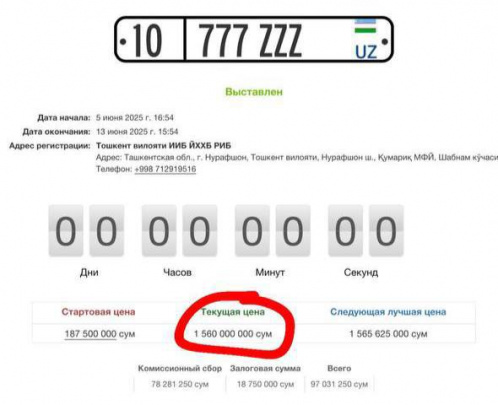
13:30 / 14.06.2025
Uzbekistan’s most expensive license plate sold for over $122,000
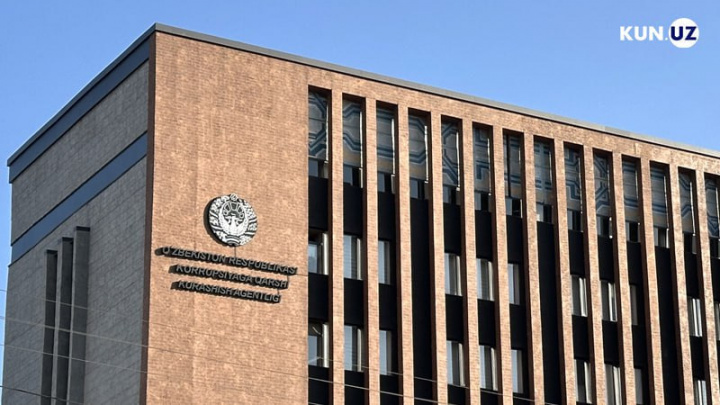
17:30 / 23.05.2025
Anti-Corruption Agency cancels 18 state contracts over legal violations
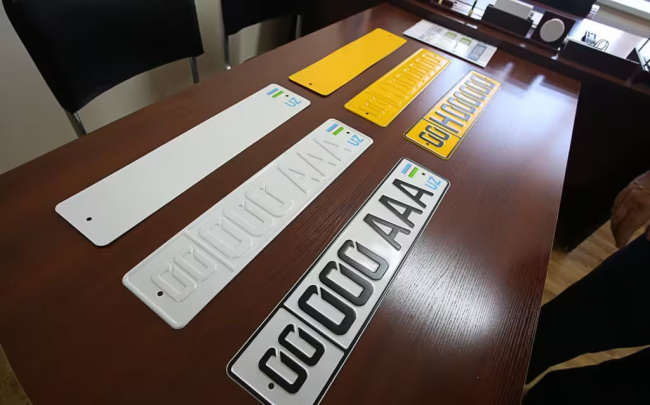
18:38 / 22.05.2025
Obsession with ‘luxury’ license plates surges in Uzbekistan
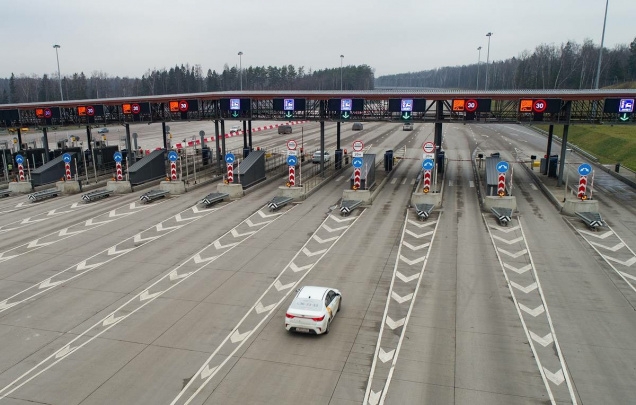
14:40 / 23.04.2025



